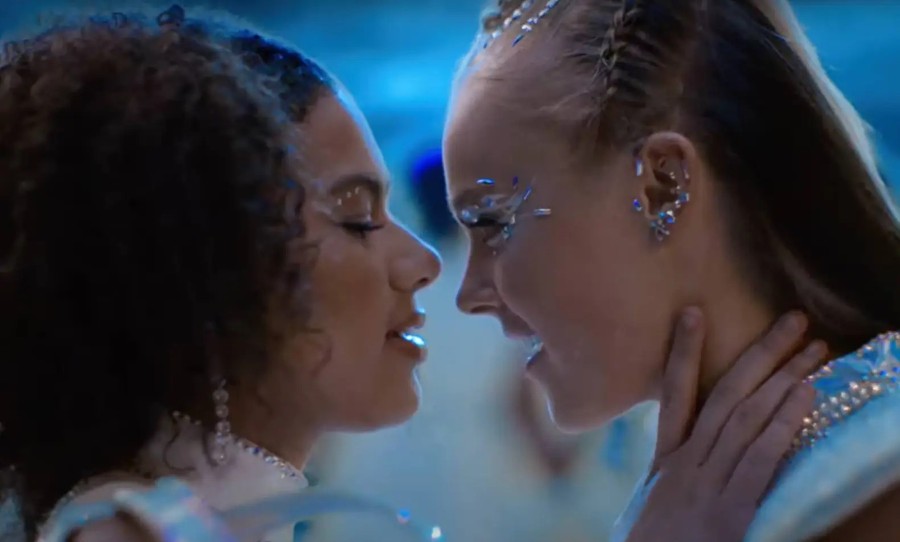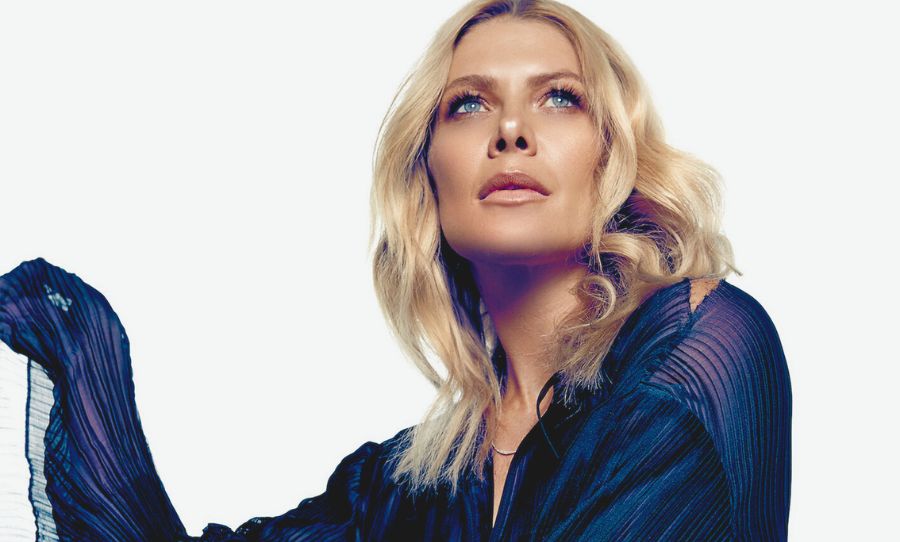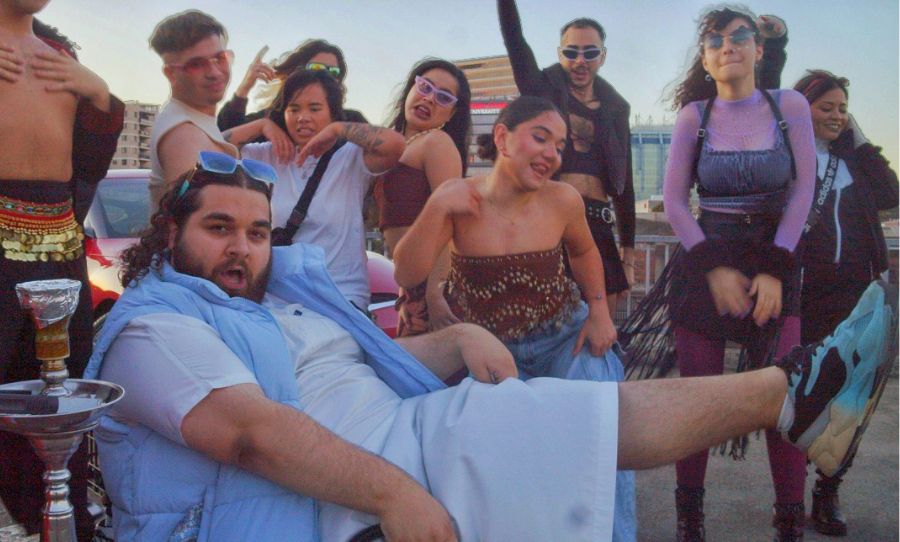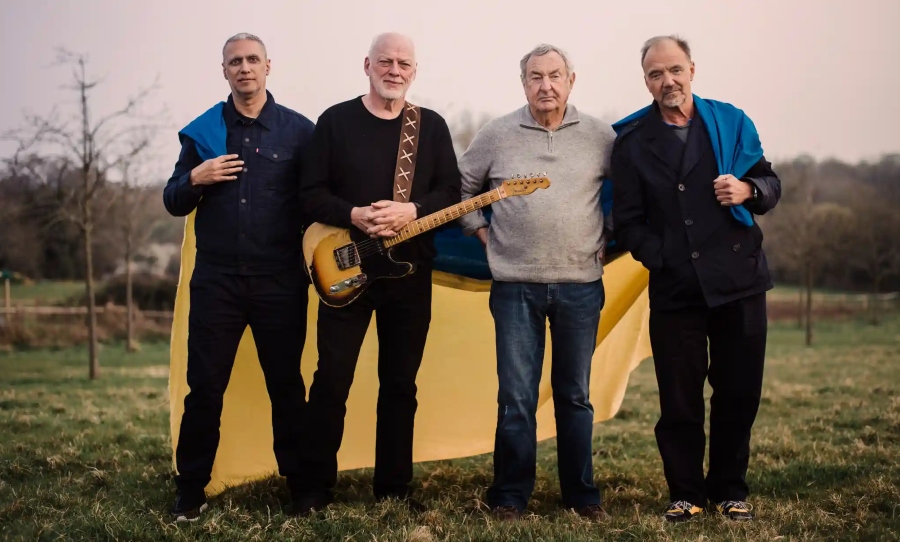A brief, non-exhaustive crash course on the long history of “gay pop,” before JoJo Siwa claimed to have invented it
It’s been said that every gay man has the one, often female, pop star for whom they’d sacrifice their first born child. In the entire history of humankind, that pop star has never been JoJo Siwa.
The reality TV star-turned-musician has endured an avalanche of backlash on social media this week, following the singer’s claims to have invented “gay pop.”
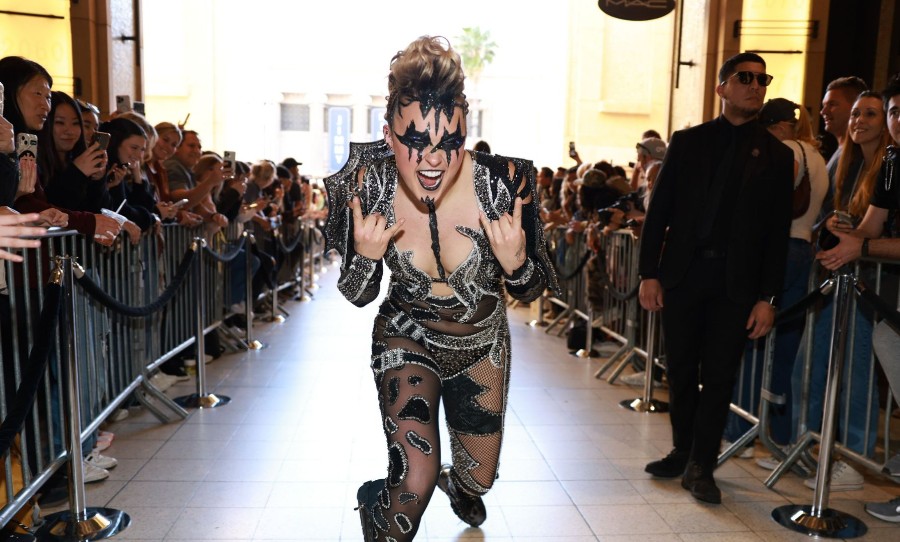
Siwa, who has been heavily promoting her new, sapphic single ‘Karma’ with a drastic rebrand, told Billboard in a recent interview that when she first signed to a record label, she told them she wanted to “start a new genre of music.”
@billboard “I am so excited to bring this version of pop music back.” 💥 To celebrate the release of “Karma,” @JoJo Siwa joins #BillboardNews to discuss her new era and drastic rebrand, creating the new “gay pop” genre, her love of #MileyCyrus & #BillieEilish and more. Watch the full sit-down interview at Billboard.com. #karma #jojosiwa #interview #popmusic
“I said, ‘Well, it’s called gay pop.’” Naturally, given the sheer gall of the claims, Siwa has incurred the wrath of Twitter, with users quick to point out that, actually, she is nowhere near the first person to release music for the gays.
Canadian indie pop duo Tegan And Sara were among those to respond, simply sharing a silent (but deafening) video of themselves reacting to the Siwa soundbite.
@teganandsara #stitch with @billboard These gay popstars love Jojo.
It’s worth noting that Siwa has since backtracked her comments, saying she merely sought to raise awareness of a genre she didn’t think the broader public knew about.
In any case, we’re offering a quick schooling of the long lineage of gay pop stars who came before JoJo Siwa, beginning with the genre’s founding forefathers Prince, Freddie Mercury, David Bowie, George Michael, and Elton John, among others.
Later, Madonna and Cher would teach us that artists needn’t be gay themselves, or even sing about queer themes, to release gay pop music — a tactic also applied with great success by the likes of Kylie Minogue and Charli XCX (both of whom have more than earned their gay card).
This cohort might not be a part of the community themselves, but possess an aesthetic, sound and general aura that makes them what the gays would call “mothers.”
Then, Lady Gaga released ‘Born This Way’, a love letter to the LGBTQI+ community that now lives in gay pop canon.
Honourable mentions are in order for Katy Perry, who not only famously ‘Kissed A Girl’ in 2008, but also released the once-derided, now-celebrated ‘Ur So Gay’ a year prior.
Then there’s the artists who release tracks that go on to become unofficial pride anthems, like Ariana Grande’s ‘Break Free’, Gloria Gaynors’ ‘I Will Survive’, Gaga and Grande’s ‘Rain On Me’, Charli XCX’s ‘Boys’, Diana Ross’ ‘I’m Coming Out’, and Weather Girls’ ‘It’s Raining Men’ (for obvious reasons).
This list could go on and on, but 20 years from now, I doubt it will cite a Dance Moms alum cosplaying as Gene Simmons.
Now, the pop landscape is populated by a growing vanguard of gay musicians, many of whom — while arriving more recently than their queer elders — actually speak to the queer experience as opposed to Siwa’s extremely simplistic ‘Karma’.
Troye Sivan sings of his first time bottoming in ‘Bloom’ and his tendency to fall for straight people in ‘One Of Your Girls’, terrain also poignantly covered by Renée Rapp on ‘Pretty Girls’.
Omar Apollo treads the uniquely queer waters of non-monogamy on ‘3 Boys’, while Lil Nas X details the challenges of being closeted on ‘MONTERO’.
Peach PRC and Chappelle Roan both revel in their first-time girl crushes on respective albums ‘Manic Dream Pixie’ and ‘The Rise and Fall of a Midwest Princess’.
This is merely a brief and non exhaustive crash course of gay pop music canon, but it’s one that Jojo Siwa should perhaps consult before claiming to have invented the genre.
